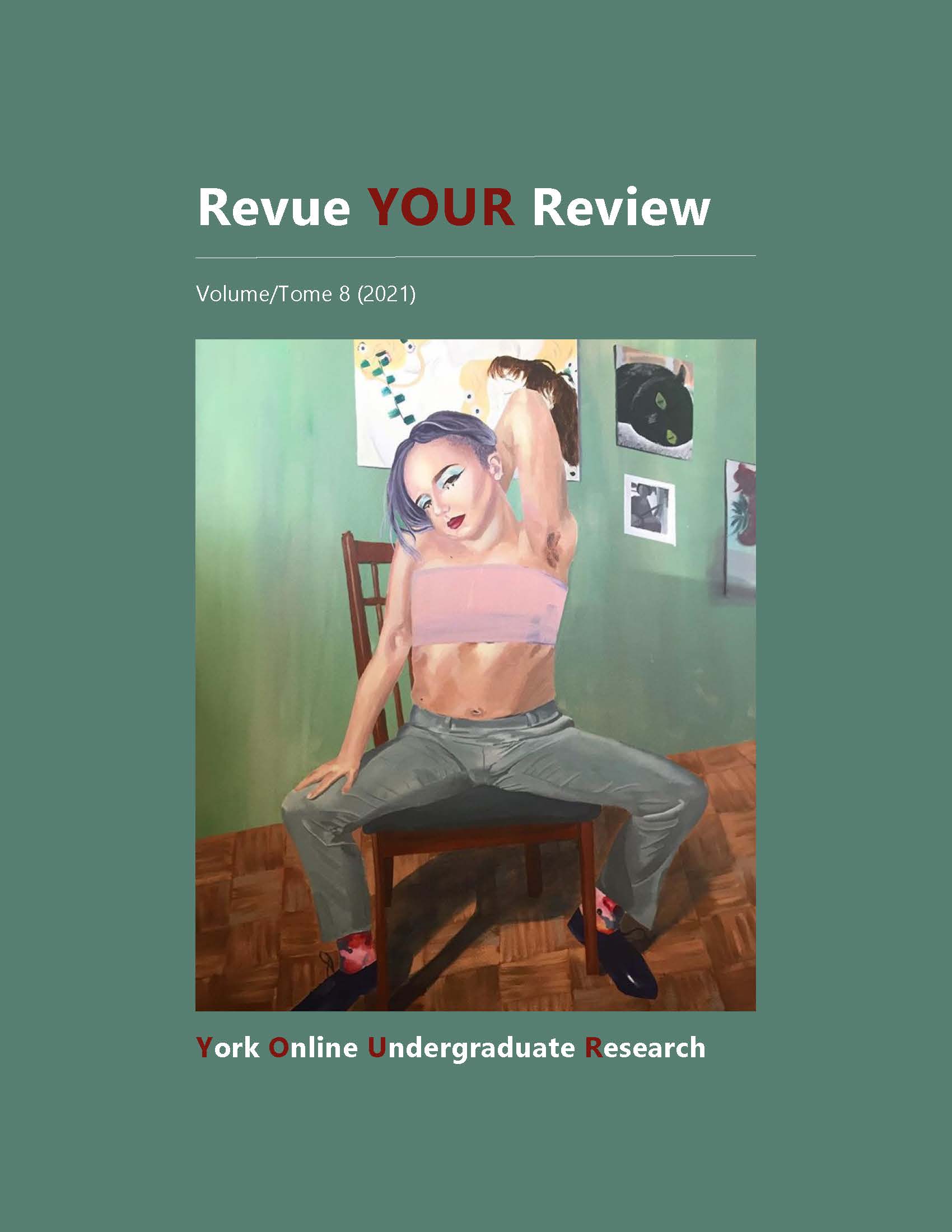Comparing psychology and non-psychology student attitudes toward care seeking
Résumé
Despite evidence that counselling and other forms of psychotherapy are critical to mental health recovery (Corrigan, 2014), fewer than one third of people living with mental illness seek treatment (Maranzan, 2014). Stigma surrounding mental health deters people from seeking help. Our 2018 study found that York University (Toronto, Canada) students implicitly associate care-seeking activities with negative personal attributes. Exposure, in the form of contact and education about psychological support, reduces stigma and negative biases (O’Brien et al., 2010; Rudman et al., 2001). We hypothesize that students studying psychology should have fewer negative associations toward seeking treatment. Using the implicit associations task (IAT), we assessed whether this is the case. Twenty-nine psychology students and 29 non-psychology students from York University completed the IAT. First, participants classified different activities (e.g., counselling) as being related to care seeking or daily living, and different personality traits (e.g., antisocial) as being positive or negative. Second, they classified these activities and traits into paired categories of either congruent (care-seeking/negative and daily living/positive) or non-congruent (care seeking/positive and daily living/negative) stereotyped associations. The reaction times to classify each item into the congruent and incongruent categories were evaluated. While all students were faster in the congruent associations, the results showed an interaction between areas of study and association pairs. Being exposed to incongruent pairs—i.e., care seeking and positive personality traits—slows down non-psychology more than psychology students. These results suggest that exposure to psychology courses does contribute to reducing negative biases against mental health care.
Téléchargements
Publié-e
Comment citer
Numéro
Rubrique
Licence
LicenceLes auteurs qui contribuent à la Revue YOUR Review acceptent de publier leurs articles selon une des trois catégories de la licence 4.0 : Creative Commons Attribution 4.0 International; Creative Commons Attribution-Pas d'Utilisation Commerciale 4.0 International; ou Creative Commons Attribution-Pas de Modification 4.0 International. Tout contenu éditorial de ce site ainsi que les affiches et les résumés sont sous la licence Creative Commons Attribution-Pas de Modification 4.0 International. Pour plus d’informations, veuillez voir :
https://creativecommons.org/licenses/
Dans tous les cas, les auteurs conservent leurs droits d’auteurs et concèdent à la Revue YOUR Review le droit de première publication. Les auteurs peuvent, par la suite, conclure d’autres accords de distribution non exclusifs de la version publiée dans ce périodique (par exemple, l’afficher à un dépôt institutionnel ou le publier dans un livre ou dans un autre périodique) à condition que la reconnaissance fasse mention de la publication originale dans la Revue YOUR Review.


